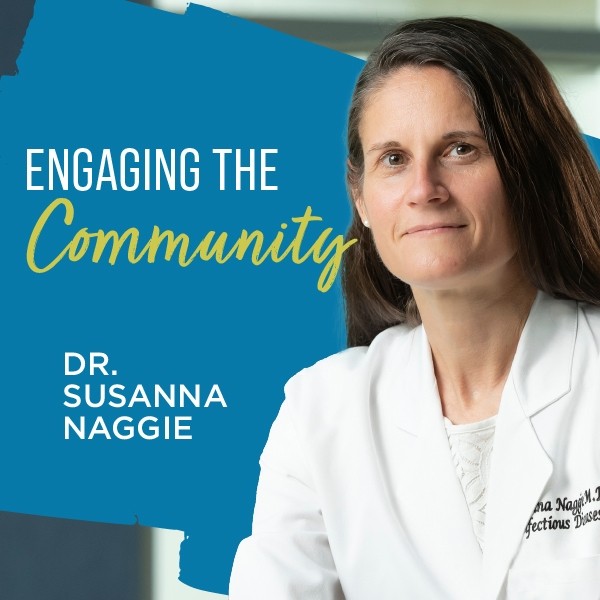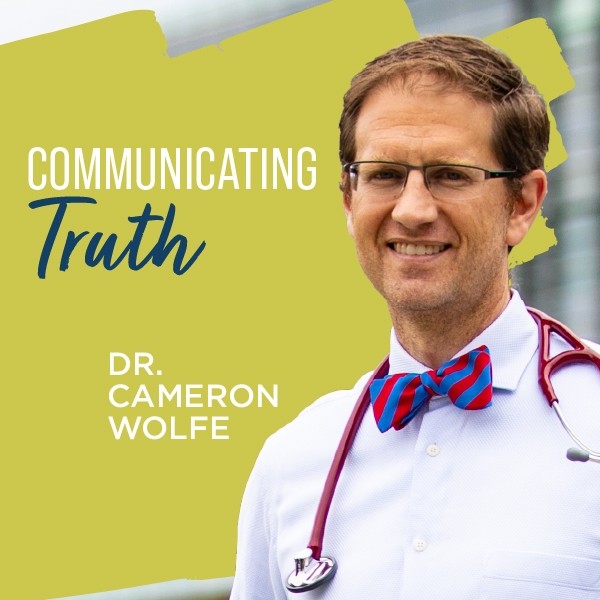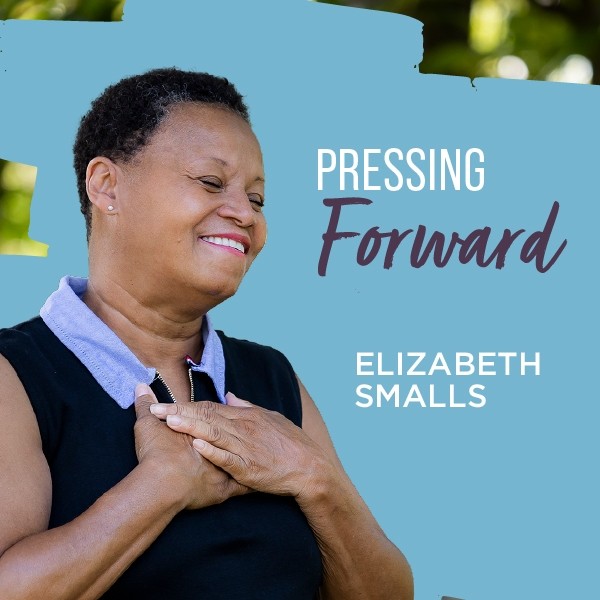Peletah is a Hebrew word meaning “deliverance,” but for Dr. Dawn Baldwin-Gibson, executive pastor of Peletah Ministries, it’s more than that. “Peletah means holistic great healing… For us, that’s poverty, mental health, well-being; it’s all inclusive.”
Peletah Ministries, an independent outreach ministry covering 36 counties in eastern North Carolina, received two $100,000 grants from The Duke Endowment in 2021. The grants supported the SHELL (Safety, Hope, Efficacy, Lasting, Links) program, a culturally relevant five-week wellness program to build resilience among African American pastors and lay leaders in six coastal North Carolina counties.
The SHELL program identified an array of health and well-being needs among Black clergy and lay leaders spurred by stress related to COVID-19 and pre-pandemic natural disasters. A licensed clinician delivers the course content; ministry staff place it in a theological framework. A registered dietician and two case workers complete the team.
SHELL “graduates” embrace mental health counseling and therapy, and encourage it among their church members. “It was SHELL that helped me keep going,” one pastor replied when asked how they persevered.
“We knew it would be important, but we didn’t realize just how life-changing it would be,” Baldwin-Gibson says.
The SHELL program also uncovered an even more profound learning for her — that even though people might not initially realize they have the answer, they see that they do as they share their experiences and gain feedback and affirmation. “When given the opportunity to build an infrastructure of resiliency — when BIPOC communities are trusted to do this work — they can build what their community needs.”
Baldwin-Gibson points out that rather than waiting for the next disaster to strike, be it COVID-19 or another hurricane, SHELL leaders are embracing “blue sky planning.” Seeing the value in the resiliency-building efforts the SHELL program has provided, Black clergy and lay leaders are building on that momentum. “They are doing what they need to do to survive and thrive. That’s where we are now.”
WHEN GIVEN THE OPPORTUNITY TO BUILD AN INFRASTRUCTURE OF RESILIENCY — WHEN BIPOC COMMUNITIES ARE TRUSTED TO DO THIS WORK — THEY CAN BUILD WHAT THEIR COMMUNITY NEEDS.
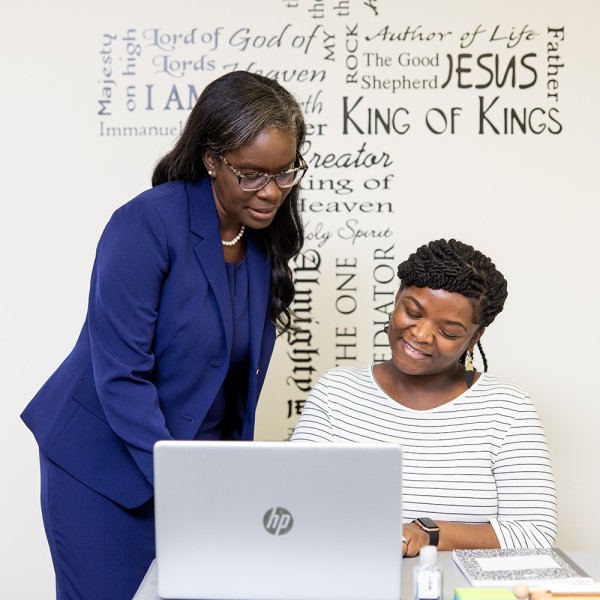
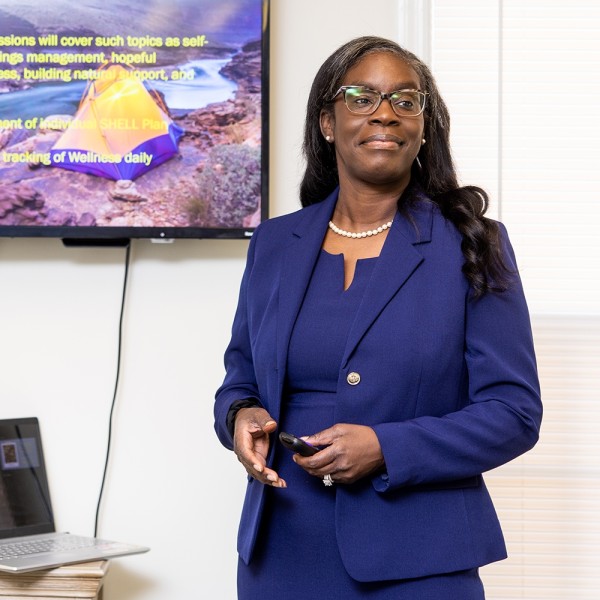
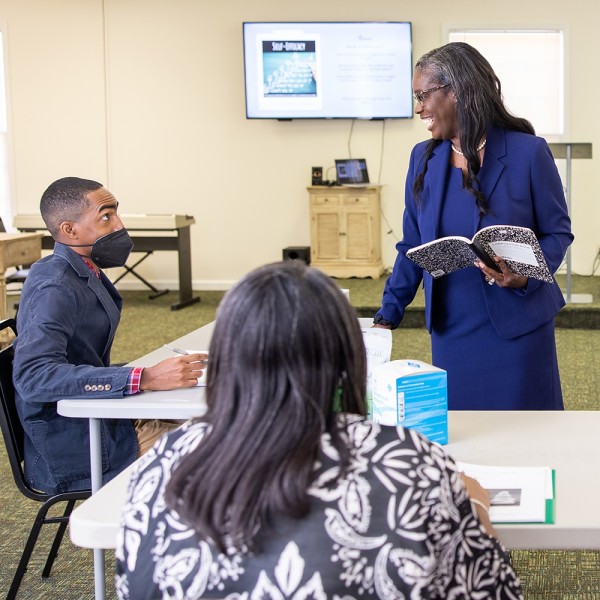
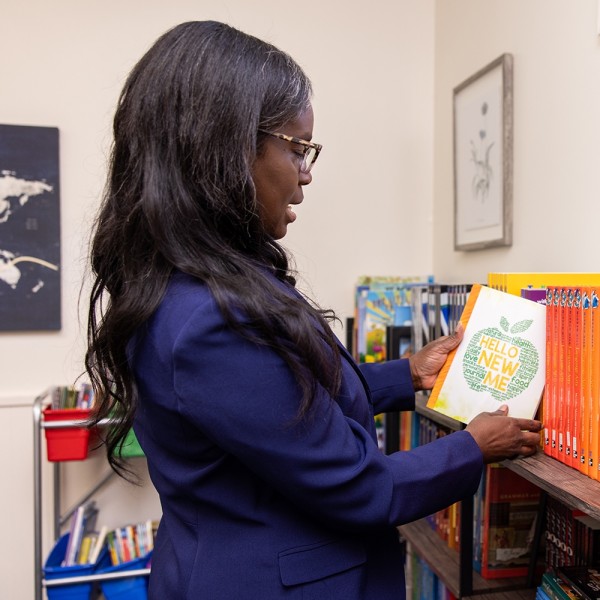
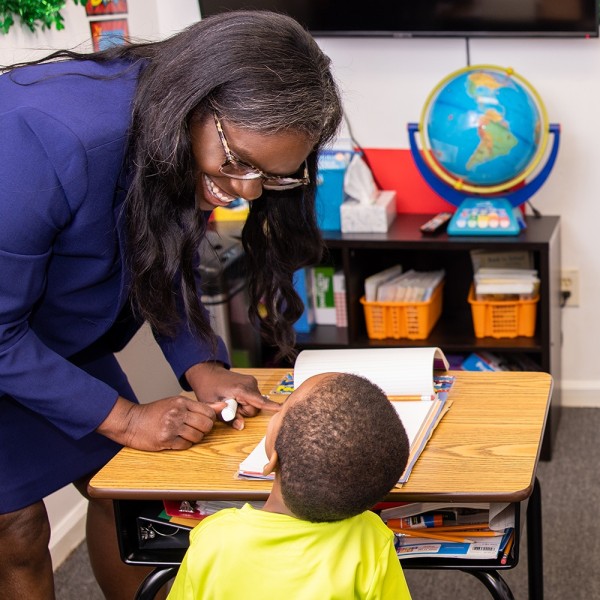
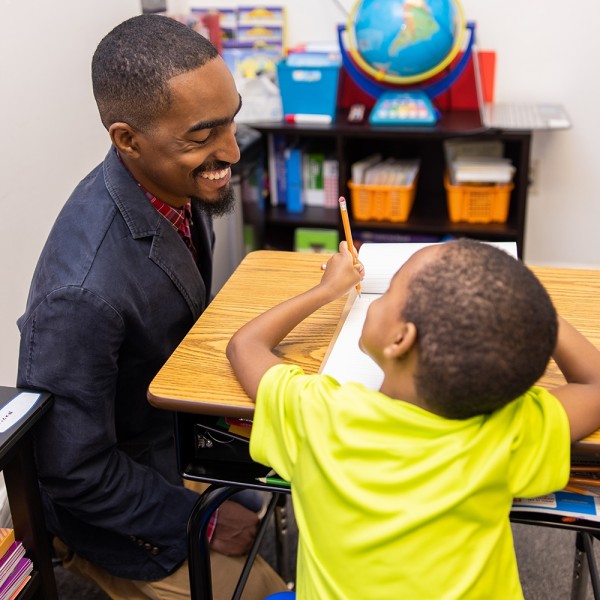
Photo Credit: Aura Marzouk

LESSONS ON RESILIENCE
See more stories of individuals who are overcoming the new and evolving challenges of COVID-19 to serve and strengthen their communities.
Read Stories